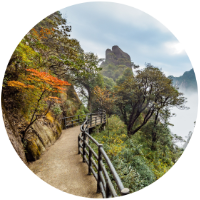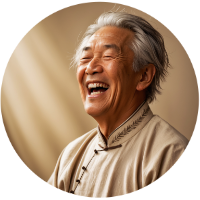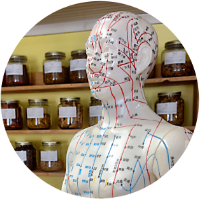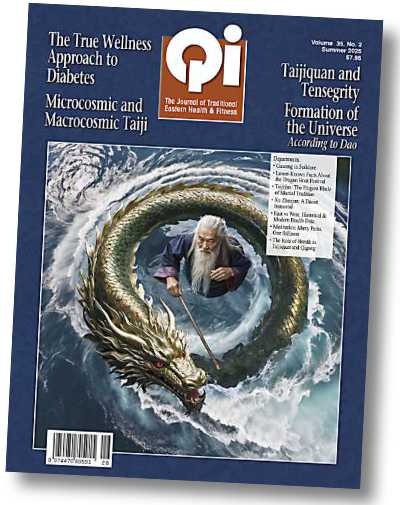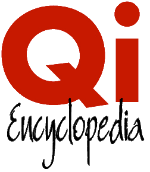Health Is the Real Wealth
In Western culture, the saying “The greatest wealth is health” is a reminder that material riches mean little if we’re too ill to enjoy them. In Chinese tradition, this sentiment runs even deeper. For centuries, sages and physicians have spoken of health as the foundation of life itself... not just a personal asset, but a moral responsibility. Wealth may buy comfort, but health sustains life.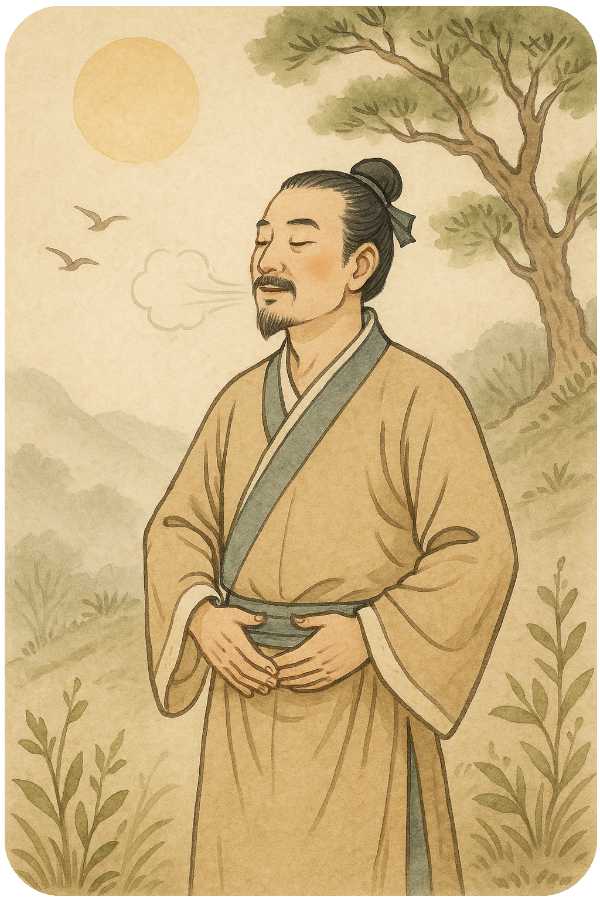
One well-known phrase in Chinese is shēntǐ shì gè běncǐ (身体是个本钱), meaning “the body is your capital.” A more complete version says: méiyǒu shēntǐ, shénme dōu shì líng (没有身体,什么都是零): “Without the body, everything else is zero.” No success, no fortune, no relationship can flourish if health collapses. The Huangdi Neijing (黄帝内经), the foundational text of Traditional Chinese Medicine (TCM), cautions: “The superior doctor treats illness before it arises.” (shàng yī zhì wèi bìng, 上医治未病). Prevention is valued above cure—a concept still echoed in the principles of yangsheng (养生), the art of nourishing life.
Modern life often pushes health aside in pursuit of goals that seem urgent at the time, but may ultimately betray us. We work late, sacrifice sleep, eat on the run, and delay exercise or mindfulness until “things settle down.” But the body, like any living system, cannot be placed on hold. In the words of a Qing dynasty proverb, “People exhaust their health to pursue wealth, then exhaust their wealth to retrieve health.” It is a cycle as tragic as it is common.
Yangsheng (nourishing life) offers a wiser path—not a rejection of modern life, but a rebalancing. It includes practices as simple as eating seasonal foods, sleeping with the rhythms of nature, moving the body with intention, and cultivating calm through breath or reflection. These aren't ancient superstitions; they are strategies grounded in lived human experience, refined over millennia. When practiced consistently, yangsheng helps align our daily choices with our long-term values, allowing energy and clarity to persist into later life.
Health doesn’t demand perfection—just attention. A small investment of care each day returns more than any bank account ever could. In this sense, health truly is the greatest wealth: not measured in numbers, but in presence, purpose, and the ability to live well, now and into the future.
Vocabulary Guide
- 养生 (yǎngshēng): Literally “nourishing life.” A foundational concept in Traditional Chinese Medicine that emphasizes prevention, lifestyle balance, and long-term vitality through practices such as diet, rest, movement, and emotional regulation.
- 黄帝内经 (Huángdì Nèijīng): Known in English as the *Yellow Emperor’s Inner Classic*. This foundational text of Traditional Chinese Medicine, dating back over two thousand years, presents a philosophy of health rooted in balance and seasonal living. It promotes early prevention and harmony between humans and nature.
- 上医治未病 (shàng yī zhì wèi bìng): “The superior doctor treats disease before it arises.” A principle from the *Huangdi Neijing* highlighting the importance of preventing illness rather than waiting to treat it after symptoms appear.
- 身体是个本钱 (shēntǐ shì gè běncǐ): “The body is your capital.” This phrase means that one’s health is the foundation or original investment upon which all other pursuits rely.
- 没有身体,什么都是零 (méiyǒu shēntǐ, shénme dōu shì líng): “Without the body, everything else is zero.” A folk saying reinforcing the idea that nothing else in life holds value without physical well-being.

